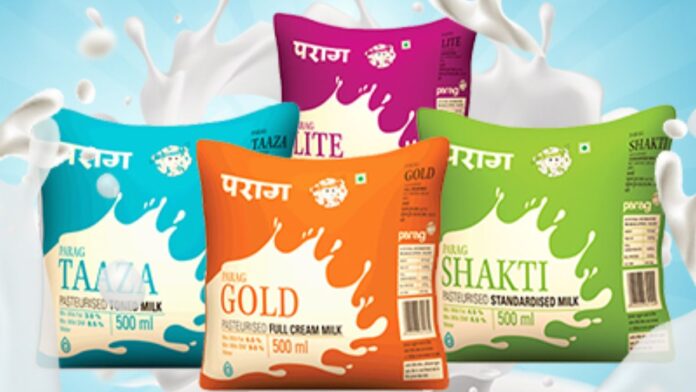Despite mounting pressure and criticism, there has been no indication from the Prime Minister’s office regarding a reconsideration of the decision to support Amul over local brands in Eastern Uttar Pradesh
Manoj Kumar Pathak
In a move that has sparked controversy and debate, Prime Minister Narendra Modi’s decision to gift an Amul dairy plant to his Lok Sabha constituency has reignited tensions surrounding cultural identity and economic development in Eastern Uttar Pradesh.
Critics argue that while the Amul brand may be synonymous with success in other parts of the country, it fails to resonate with the cultural and economic nuances of Eastern Uttar Pradesh. Instead, they advocate for the promotion and expansion of local brands like “Parag” Dairy, which have deep roots in the region and could provide a more tailored solution to the employment needs of the local youth.
Despite the potential of companies like “Parag” Dairy to address the employment crisis in Eastern Uttar Pradesh, the government’s focus on promoting Gujarat-based initiatives has been met with resistance. Many see this as an attempt to impose outside influences on a region with its own unique identity and challenges.
While the government has not explicitly stated its reasons for favoring Amul over local brands, insiders suggest that policy decisions and political considerations may be at play.
As tensions simmer and debates rage on, the people of Eastern Uttar Pradesh remain hopeful for solutions that honor their cultural heritage and provide sustainable economic opportunities for the region.
Despite mounting pressure and criticism, there has been no indication from the Prime Minister’s office regarding a reconsideration of the decision to support Amul over local brands in Eastern Uttar Pradesh. As stakeholders continue to voice their concerns, the fate of “Parag” Dairy and other regional initiatives hangs in the balance, highlighting the ongoing struggle for cultural and economic autonomy in the heart of India.


